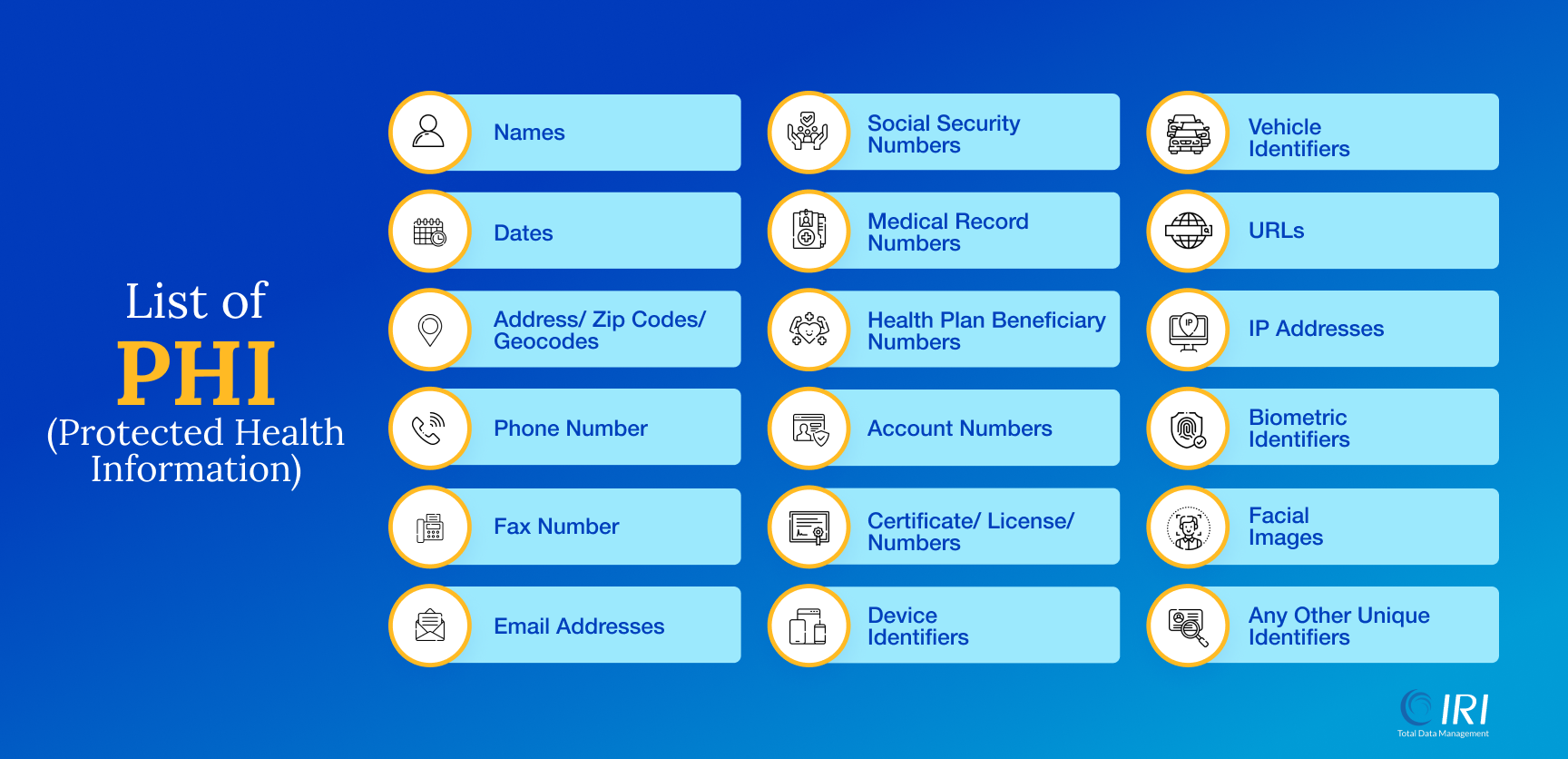
A few years ago, patient access roles were handled by in-office staff. But now, more and more healthcare organizations are changing their ways by substituting the front desk personnel with HIPAA-compliant Virtual Assistants instead. This innovation is catching on fast, with the VA market growing steadily at a rate of 28.5% annually. And it looks like it's going to keep up this momentum until at least 2031.
But there’s one issue: bringing virtual assistants on board also means dealing with security risks, and that's keeping CISOs and CSOs in healthcare on edge. Here's your guide to getting a handle on and ensuring HIPAA compliance for healthcare virtual assistants.
What is HIPAA Compliance?
HIPAA compliance means following the rules laid out in the Health Insurance Portability and Accountability Act (HIPAA) of 1996. This law sets standards to safeguard sensitive patient health info, also known as Protected Health Information (PHI). It's a big deal for anyone handling PHI, like healthcare providers, virtual assistants, health plans, and healthcare clearinghouses, plus their business partners. The main goals of HIPAA compliance are:
Privacy: HIPAA makes sure patient health info stays private. It limits who can use or share PHI without the patient's say-so, except in certain situations allowed by the law.
Security: This covers steps to stop unauthorized people from getting hold of the info, keep the data accurate, and make sure patient info stays secure.
Portability: HIPAA lets people move their health insurance coverage around if they need to. This helps keep coverage going and lets people access their health info when they need it.
Accountability: It holds people accountable by making covered entities put safeguards in place to protect PHI. And if they mess up, there are fines and penalties waiting for them.
HIPAA and PHI Compliance

In healthcare, HIPAA and PHI (Protected Health Information) compliance go hand in hand. HIPAA sets the rules for protecting PHI, which basically covers any health info that can identify someone. Following HIPAA is super important for healthcare groups to keep patient info safe and private. This means putting in place all sorts of safeguards—like admin tasks, tech tricks, and physical security—to stop unauthorized people from getting their hands on PHI. Making sure HIPAA and PHI compliance are up to the mark is key for keeping patient trust, dodging data leaks, and sticking to ethical standards in healthcare.
HIPAA Compliance Checklist
Here's a simple checklist tailored for healthcare virtual assistants to keep things HIPAA-compliant and protect patient info (PHI):
- Conduct a thorough risk analysis to identify vulnerabilities in data handling procedures.
- Implement stringent access controls to ensure only authorized individuals can access PHI.
- Provide regular HIPAA training to keep your team informed about compliance requirements.
- Utilize audit logs to monitor access to PHI and detect unauthorized activities.
- Encrypt PHI during transmission and storage to safeguard it from unauthorized access.
How to Maintain HIPAA Compliance?
Maintaining HIPAA compliance for healthcare virtual assistants requires stringent measures to ensure the security and privacy of Protected Health Information (PHI). Here are 7 essential points for achieving and maintaining compliance:
Secure Communication Channels: Utilize encrypted communication channels and secure messaging platforms to transmit PHI securely between healthcare providers and virtual assistants. Implement technologies that ensure end-to-end encryption to prevent unauthorized access.
Access Control Measures: Implement strict access controls to limit PHI access only to authorized personnel. Utilize role-based access control (RBAC) systems to ensure that each virtual assistant can only access the information necessary for their tasks.
Regular Audits and Assessments: Conduct regular audits and assessments of virtual assistant systems and processes to identify any potential security vulnerabilities or compliance gaps. Address any issues promptly to maintain compliance and mitigate risks.
Data Encryption: Encrypt PHI both in transit and at rest using industry-standard encryption algorithms. Ensure that data stored on virtual assistant platforms or servers is encrypted to prevent unauthorized access in case of data breaches or security incidents.
Business Associate Agreements (BAA): Establish Business Associate Agreements with virtual assistant service providers to ensure they understand their responsibilities regarding PHI protection and HIPAA compliance. These agreements outline the terms and conditions for handling PHI and establish liability in case of breaches.
.png?width=1728&height=836&name=Blog%2001%20Virtual%20Assistant-1%20(1).png)
Zero Trust Network Access (ZTNA): Implement ZTNA solutions to enforce strict access controls and verify user identities before granting access to PHI. ZTNA ensures that every access request is authenticated and authorized, regardless of the user's location or network connection. This reduces the risk of unauthorized access to sensitive data.
Regular Training: Provide comprehensive training to virtual assistant staff on HIPAA regulations, privacy policies, and security protocols. Ensure they understand the importance of safeguarding PHI and are equipped to handle sensitive information securely.
By adhering to these measures, healthcare virtual assistants can effectively maintain HIPAA compliance, protect patient privacy, and ensure the security of PHI in their operations.
What is the Key to Success for HIPAA Compliance?
To nail HIPAA compliance, healthcare organizations need to make it a big part of their culture. That means everyone, from the top down, needs to be on board. Training and education are key here, making sure everyone knows their part in protecting PHI.
You should have clear policies that line up with HIPAA rules to give people a roadmap for staying compliant. Regular risk checks help spot any weak spots so you can fix them up. And you should keep an eye on things to make sure everyone's following the rules, with consequences if they're not.
But it's not a one-and-done deal. You have to keep improving, updating your programs to keep up with the changes in the law and technology. And lastly, make sure everyone knows they're responsible for keeping patient information safe. That way, it's a team effort to protect patient privacy and trust.
What Are Some Ways to Maintain Security of Health Information?
PureDome is all about keeping healthcare virtual assistants in line with the rules and making sure patient info stays safe and sound. They do this by using tight security measures like ZTNA, strict access controls, and encryption. Plus, they keep an eye on things with regular checks and make sure everyone knows how to handle sensitive info. So, patient privacy? You bet it's in good hands with PureDome.
Conclusion
Making sure healthcare virtual assistants stick to HIPAA rules is crucial for keeping patient data safe and earning their trust. By putting tough security measures in place and making sure everyone follows the rules, healthcare groups can keep sensitive info safe and sound. And with PureDome's help, things get even tighter, giving extra protection to health data. It's all about keeping privacy, trust, and ethics front and center in healthcare.